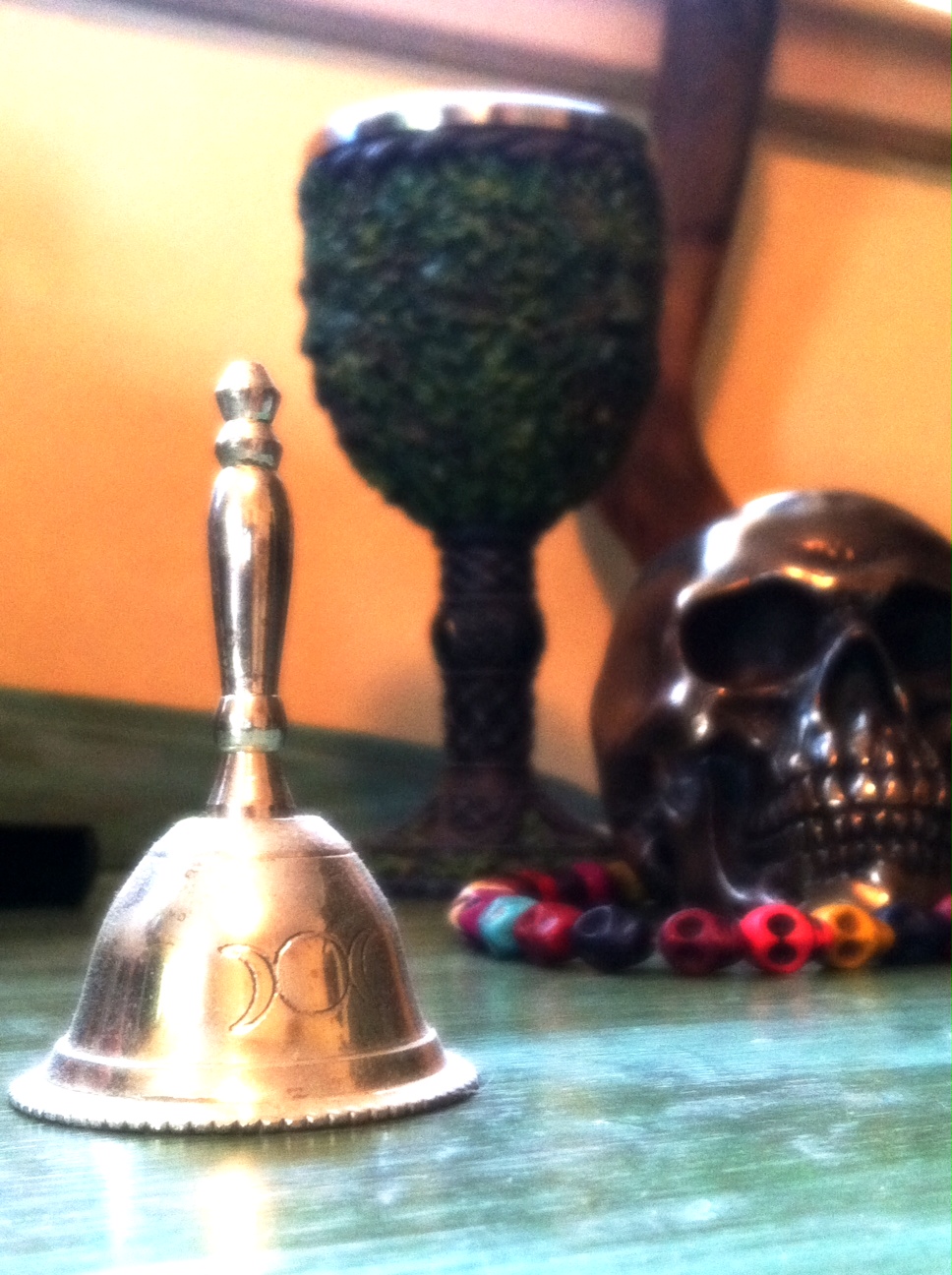Tag: CooR
-

Druid Rituals For Dummies
I’ve written a great deal about my daily practice on this blog. There have been periods of prolonged drought, periods of genuine doubt, and times when I felt like my daily practice was all that was keeping me invested in my Druidism. In my ADF Dedicant studies (which will be a central focus for me […]
-

The Offerings of Man, the Obligations of Gods
I approach my home shrine in the morning and prepare my offerings. Into three small, porcelain sake glasses, which were given to me by my stepfather, I pour a small bit of sugar, oats, and oil. These were the foods that made the most sense to me, although I’m not sure why. Whether I’m clothed […]
-

WARNING: Call on a God, and He just might show up.
I drove an hour to Malibu for my Spring Equinox ritual. The location was a secluded, public beach called “El Matador.” The site opened at 8, and I arrived just a few minutes after the top of the hour. I followed the dirt trail down the edge of the cliff side, wearing jeans and work […]


